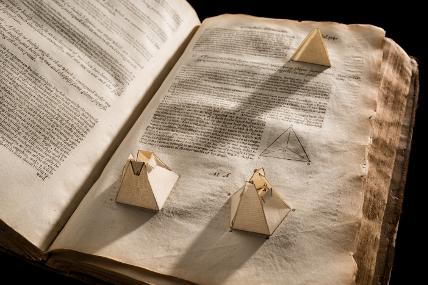The grant-in-aid program provides grants of up to $2,500 and applications are due April 15.
The Consortium is delighted to welcome the University of Pittsburgh as a new member.
Apply by May 1 for fellowships in the history of science, technology and medicine, broadly construed.
The Harvey Cushing/John Hay Whitney Medical Library at Yale University is now accepting applications for two fellowship opportunities to research its extensive collections. The deadline for submissions is midnight, Sunday, April 27.
The call for papers for "Health History in the Making" are due March 21, 2025.
Consortium Fellow Lu Chen integrates the history of Chinese socialist medicine into its global context.
The University of Wisconsin is offering a postdoctoral fellowship in the History of Modern (19th century-present) Medicine or Public Health. Review of applications will begin on April 1, 2025 and continue until the position is filled. The anticipated start date is July 1, 2025, but may start August 1, 2025.
The M. Louise Carpenter Gloeckner, M.D. Summer Research Fellowship is currently available by the Drexel University College of Medicine Legacy Center, Archives, and Special Collections on Women in Medicine. Applications due April 15, 2025.
Research Fellow Angela Xia studies how notions of ethnicity, race, or religion affected the distribution of healthcare.
Consortium Fellow Warren Dennis discusses the role of gender and masculinity in the history of twentieth-century U.S. energy policy.
Pagination
- Previous page
- Page 5
- Next page
